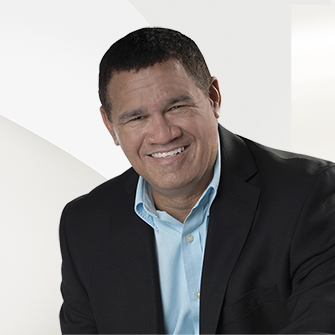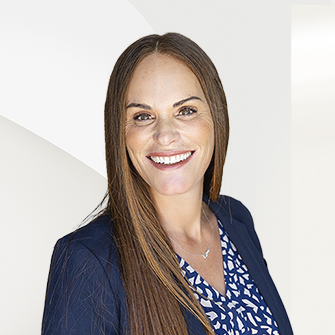Cayman Islands Real Estate
Cayman Islands Real estate Properties for sale
We'll help you find your way to Cayman.



Expert Advisors
At Engel & Völkers Cayman Islands, we are dedicated to surpassing client expectations and are one of Cayman's preferred real estate companies. We proudly collaborate with outstanding real estate specialists to cater to global and local clients in Grand Cayman, Cayman Brac, and Little Cayman.
Unlike conventional sales agents, we are advisors, your trusted partners committed to helping clients through their home journey with expert knowledge and exceptional care, with the least amount of stress and more enjoyment. With us, your ideal home or property is within reach in Cayman.
Explore unparalleled real estate experiences with Engel & Völkers in Grand Cayman and the surrounding areas. Browse our listings online and reach out to speak with one our talented associates today.
Engel & Völkers
Experience the difference.
Like every client and every real estate advisor, we too have a unique story. It's one steeped in iconic heritage that drives our resolve to change the way consumers experience the properties, neighborhoods and the overall process of buying and selling a home.
The world of Engel & Völkers was created and continues to grow around the mission to possess the highest levels of competency and client service. Through unrivaled brand consistency, sophisticated systems and innovations, we've done what no other European luxury real estate franchise has been able to do—successfully establish itself in the Americas.
Local experts worldwide

Sell with us
Taking you where you need to be.
If it’s time to open a new door, our advisors have the local real estate expertise to guide you through the process of selling your homes.
About Us in Cayman Islands
Cayman Islands Houses and Properties for Sale
Engel & Völkers Cayman Islands became the 100th Shoppe in Canada and North America in 2016. Since then, the Luxury real estate brand has grown to over 300 shops. We have 17,000 Advisors worldwide and 6,000 in the Americas, Canada and the Caribbean. That sets us apart from other CIREBA brokers: our connected, global reach!
We have a great team of professional and resourceful businesspeople called Advisors. We take our responsibility very seriously; we advise buyers and sellers when they enter the market. Most people do not buy or sell yearly, which can be an overwhelming and emotional challenge. All 15 Advisors are Full-time trained Real Estate Agents with valuable market knowledge of real estate in Grand Cayman because they have lived here for years and are happy to share their knowledge and contacts.
We love to talk, but we listen to you to find the perfect property for you. We analyze the Cayman real estate market and trends, look at your options, and help you and your family make a successful decision. Please contact us today so we can make your dreams come true!
Special Olympics
Creating inclusive communities
Engel & Völkers is a proud champion of Special Olympics, working together to unleash the human spirit through the transformative power and joy of sports. Our shared passion for this mission transcends throughout the local communities in which we serve.
Global Guide
GG Magazine
Architecture, lifestyle, fashion, design, yachting, luxury, travel. We scour the globe for the most exciting topics and most fascinating personalities, and invite you, dear reader, to come along for the ride. This season’s edition of GG, “The Island Issue,” is all about the eternal appeal of islands.
Career opportunities
Opening doors.
Engel & Völkers is on the continued quest to inspire a new generation of talent. Our standard of service sets us apart, and our standards are high. It's why we don't have agents, but rather, trusted advisors to guide clients through their home journey with precise knowledge and distinguished care.
Life is taking you places, we'll help you get there.
Whether it’s around the corner or around the globe, we’re here to find the perfect home for you.
Let's talk.
The more we know about you, and what you want, the closer we are to finding it.